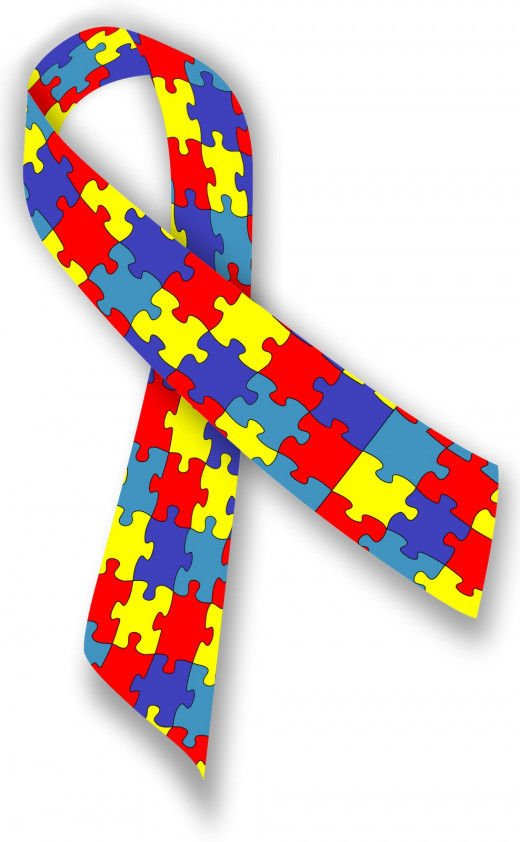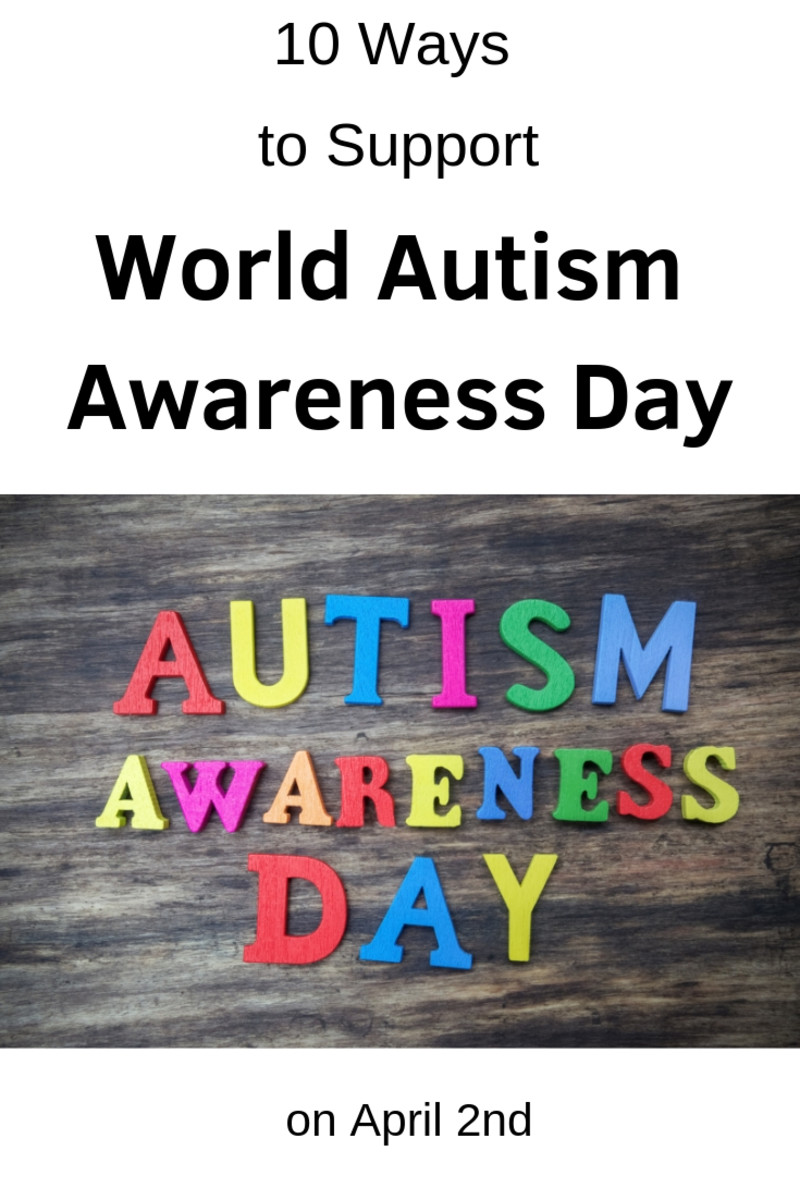Ten Ways to Support a Child who has Autism

1) Know your child. Every child with autism varies in how and to what degree they are affected. You know your child and their difficulties and abilities better than anyone. Understanding why your child struggles with some things more than others will help you know when to take action to help and how best to go about doing so. The more in tune you are with your child the better you can anticipate difficulties and assess their reactions to situations before they happen and make allowances as needed.
2) Be realistic in what you expect. Smaller goals will always be more manageable and will mean that your child will not feel like everything is so hard and far from their reach. Even the smallest steps forward in an area of difficulty are big achievements. Building up your child’s capabilities slowly step by step will be far less frustrating and difficult for both of you.
3) Redefine fun. Just because your child doesn’t want to take part in or enjoy activities and other things commonly regarded as fun, doesn’t mean that they aren’t having fun. Give them plenty of opportunities to enjoy whatever they find enjoyable. They may be just as happy stacking bricks, bouncing on a trampoline, watch the same film repeatedly or ordering items as other children are taking part in sports, crafts, days out and organised groups. Don’t take it personally if they prefer to do things alone or are not interested in things you are or that you suggest they do.
Have you had success using these strategies?
4) Learn everything you can about autism. The more you educate yourself about autism the better you will be able to understand your child and why they act and react the way they do. Educating yourself also means you can explain to other people and help them understand as well. Learning about treatment and therapy options will give you lots of ways to help your child.
5) Be consistent. Autism can make adapting to new things and routines or using more than one strategy difficult. Try as far as possible to use the same techniques and strategies in all settings that your child attends. If your child uses sign language at school, learn it yourself so you can use it at home as well. This consistency will be reassuring for your child and allow them to have the same level of participation in all situations. This is likely to reduce their stress levels and will also help everyone working with your child to be involved, have an understanding of what works for them and what level they are at. For example imagine how frustrating it would be for a child who can communicate at home but nowhere else so often feels as though people do not understand them or care.
6) Reward good and appropriate behaviours. Children with autism may need more help understanding what behaviour is appropriate, when and why this is the case. They may find it difficult to understand why they are allowed to behave in a certain way or do certain things in only some situations. Positive reinforcement will generally have a bigger impact as negative reinforcement may cause anxiety and feelings of injustice and frustration, especially if the child does not understand what they did wrong. Praise them each time they behave well, learn a new skill or manage something they would normally struggle with. Be very clear about what you are praising and why as they may not make the connection themselves.
7) Routine. Children who have autism often do very well with structured routines and schedules. Many children will thrive on the consistency of set meal, therapy, school and bedtimes. Try to prepare your child in advance for any unavoidable changes. On the other hand however, some children can become too set in their routines and then find even the smallest changes very difficult and in fact do better with some flexibility day to day so changes are not so overwhelming. Visual rather than written timetables can be very very effective and much easier than hoping a child will remember daily tasks.
8) Celebrate your child’s strengths. Often the difficulties and challenges presented by autism can be overwhelming and need a huge amount of time and effort working around and correcting them. Autism also brings with it positive traits and skills. Perhaps your child has an exception memory or is skilled in music or art or could reading before or with more skill than their peers. Use these skills to boost your child’s self –esteem and sense of self-worth. As they get older they will become more aware that they are different from other children and struggle when others do not. Pointing out and encouraging their strengths will show them they can do well and even excel in some areas despite their difficulties.
9) Parents need support too. Joining an autism support group in person or online can be a great way to meet other parents and families. Spending time with other people who are experiencing the same things can help with feelings of isolation you may have. It will also enable you to gain emotional support and to share information; advice and successes with people who have a better understanding of the impact autism can have on a family. Don’t feel guilty about needing a break from your child or from being at home. It is important to remember your own needs and try to spend time with your partner, family and friends even if it is only for a few hours. A break can help you look at a situation in a new light or with new energy. If parents feel over tired, depressed, anxious or negatively it will impact on any children in the family, not just ones who have autism. If parents are happy it is easier for kids to be happy and settled as well.
10) Utilise your child’s special interests. Many children with autism will have intense interest in a certain subject or subjects. These interests can be short lived or more long –term. Although they can sometimes cause disruptions or be problematic because they are the only thing a child wishes to engage with they can also be used to motivate children and help them learn. For example rewards related to the special interest can be offered and worked towards for good behaviours and achieving goals. Special interests can also facilitate learning. A child who dislikes reading may be much more interested and able to focus if the books are related to something they are personally interested in. The same idea can be applied to any learning, characters or other relevant graphics can be added to worksheets, books and other materials. For maths problems such as addition and subtraction small relevant items could be used in counting and solving problems. For example, small plastic cars could be used as counting aids with a child who loves cars. Children with autism are often very visual learners and working this way can be easier for them from that perspective as well.

© 2013 Claire








